What does Kamala Harris taking over the presidential bid mean for Muslims?
By TMO Staff
President Joseph Biden has officially endorsed Vice President Kamala Harris to take over as the nominee for the Democratic ticket. However, it’s important to note that this is not solely Biden’s decision; the party will properly vote during the Democratic National Convention in August.
While Harris stems from a diverse background of Indian-Black ethnicity, she has often faced criticism for her stance on the Gaza-Israel war. The Biden-Harris administration has shown unwavering support for the ongoing conflict overseas, with President Biden repeatedly referring to himself as a Zionist. This support for the Israeli state is not a new development in American politics. The United States has been a staunch ally of Israel since the 1960s, and this relationship has only grown stronger over the decades, characterized by robust economic ties, military cooperation, and consistent political backing.
Israel has been a major recipient of U.S. foreign aid since its founding, receiving nearly $310 billion in total economic and military assistance. This substantial financial support has been a cornerstone of the U.S.-Israel relationship and a source of controversy, particularly among those who advocate for Palestinian rights.
Recent developments have brought the Israel-Palestine conflict back into the spotlight of American politics. Prime Minister Benjamin Netanyahu’s visit to the White House this week focused on discussions about progress towards a ceasefire in the Gaza territory and efforts to secure the release of hostages. During this visit, Harris and Netanyahu met separately to address the growing protests and discomfort among some U.S. lawmakers regarding the conflict in the Israel-Palestine region. Reports suggest that Harris discussed ending the war and preventing further escalation, as well as addressing the suffering of Palestinians and their personal freedoms.
As Harris emerges as a major nominee ahead of the Democratic National Convention, there is increasing pressure for her to clearly articulate her views on Gaza and outline her potential future policy in the region. Her approach could potentially differ from that of Biden, who has consistently demonstrated a close friendship with Netanyahu and embraced him with hugs, laughter, and continued support for his Zionist views.
Harris’s background and personal connections add complexity to her stance on Israel-Palestine relations. She has previously maintained strong relationships with the American Jewish community, and her husband is Jewish. He has been supportive of Biden’s initiative to combat antisemitism. Additionally, Harris has shown a positive working relationship with Israel’s President Isaac Herzog.
Throughout her political career, Harris has received endorsements from various lawmakers across the country and won the support of several Jewish entities. In the past, she has stated that the bond between Israel and America is unbreakable. During her current role as Vice President, she has consistently asserted that Israel deserves to defend itself against Hamas, which she views as a terrorist organization.
As Harris begins to ramp up her campaign efforts, she has been rallying members of her black sorority, Alpha Kappa Alpha Sorority, Inc. She is positioning herself to make history as the first woman of color to become President of the United States. Her campaign message emphasizes the importance of defeating former President Donald Trump, whose 2020 term she believes caused chaos in the nation.
While Harris’s pro-Israel stance is well-documented, there is speculation that she might adopt a different approach to the war at this point, given the changing political landscape and growing concerns about the humanitarian crisis in Gaza. The upcoming Democratic National Convention will be an open convention, meaning Harris could face opponents, and no delegates are pledged to a single nominee. Democrats will need to vote to secure her nomination next month, and then in November, the American people will determine who will be the next President of the United States. Approximately 4,000 delegates will cast their votes for their preferred nominee at the convention.
For American Muslims, the implications of Harris potentially becoming the Democratic nominee and possibly the next President are significant. Many in the Muslim community have expressed concerns about the Biden-Harris administration’s handling of the Gaza conflict and its strong support for Israel. There is hope that Harris will take a more balanced approach to the Israel-Palestine issue if she becomes the nominee for president.
However, given her past statements and actions, some Muslim activists and organizations remain skeptical about the possibility of significant policy changes. They argue that a meaningful shift in U.S. foreign policy regarding Israel and Palestine would require more than just a change in leadership within the same party.
As the campaign progresses, American Muslims will be closely watching Harris’s statements and policy proposals related to the Middle East, civil rights, and religious freedom. Her ability to address these concerns and potentially bridge the gap between various communities could play a crucial role in garnering support from Muslim voters.
Ultimately, the impact of Harris’s potential nomination on American Muslims will depend on her ability to balance various political interests, address the concerns of diverse communities, and potentially chart a new course in U.S. foreign policy toward the Middle East. As the Democratic National Convention approaches and the general election looms, all eyes will be on Harris to see how she navigates these complex issues and what her leadership could mean for Muslims in America and abroad.






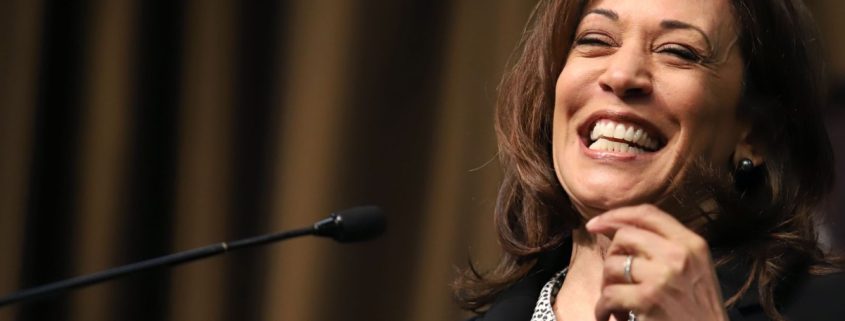
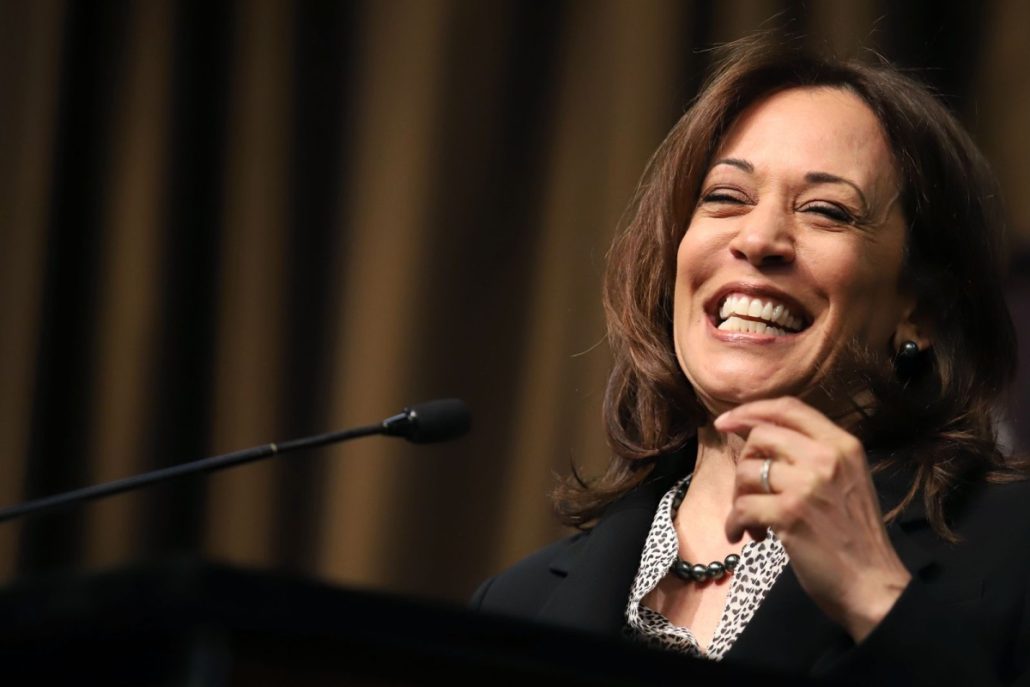

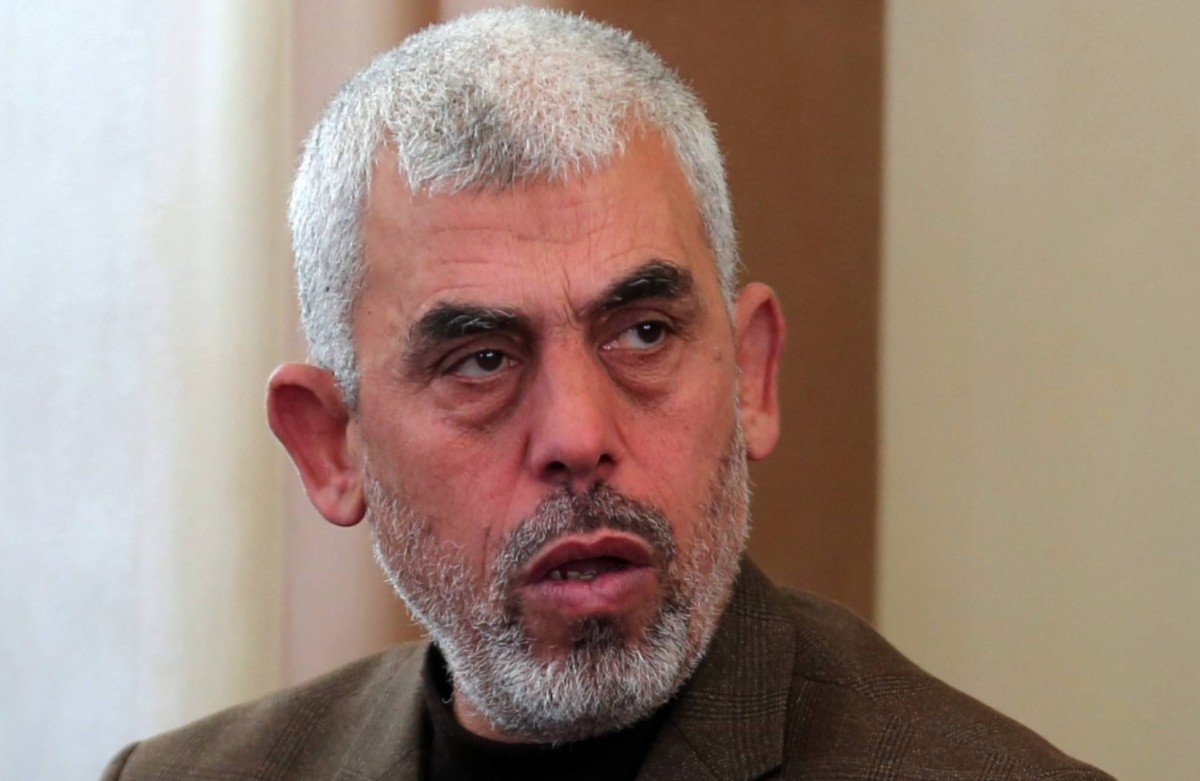
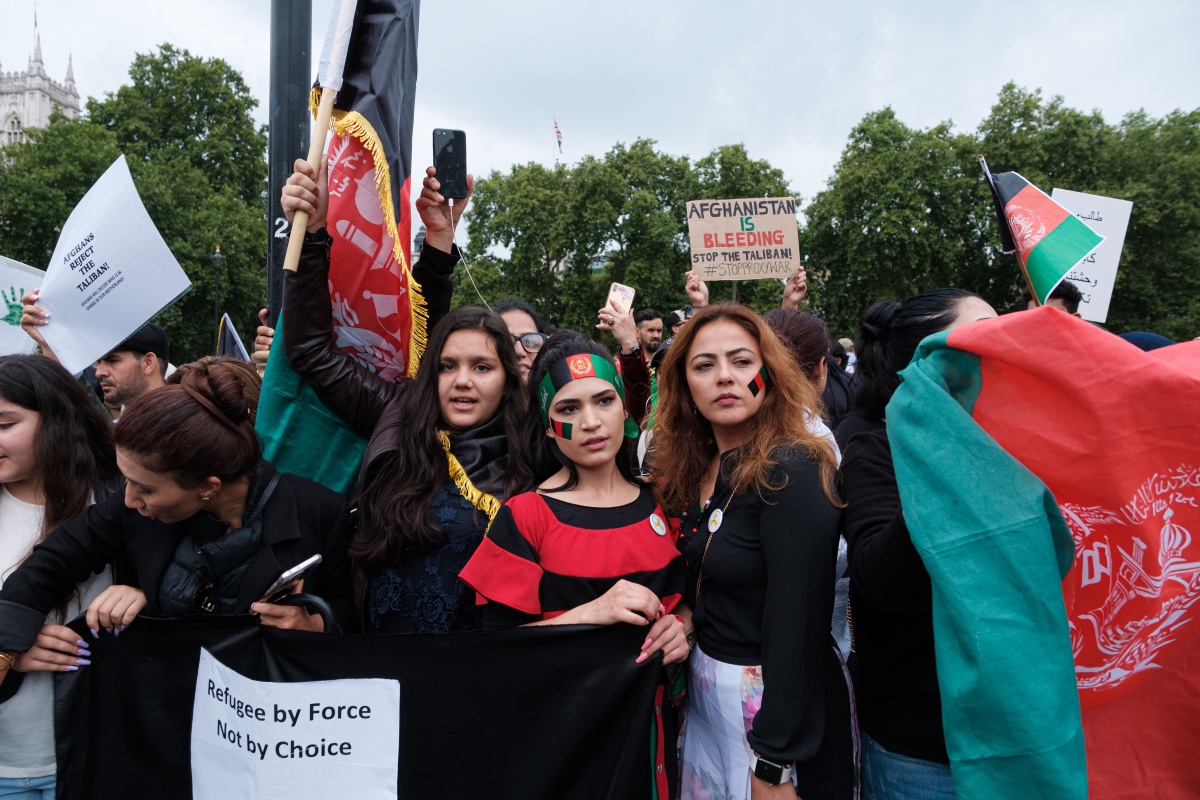

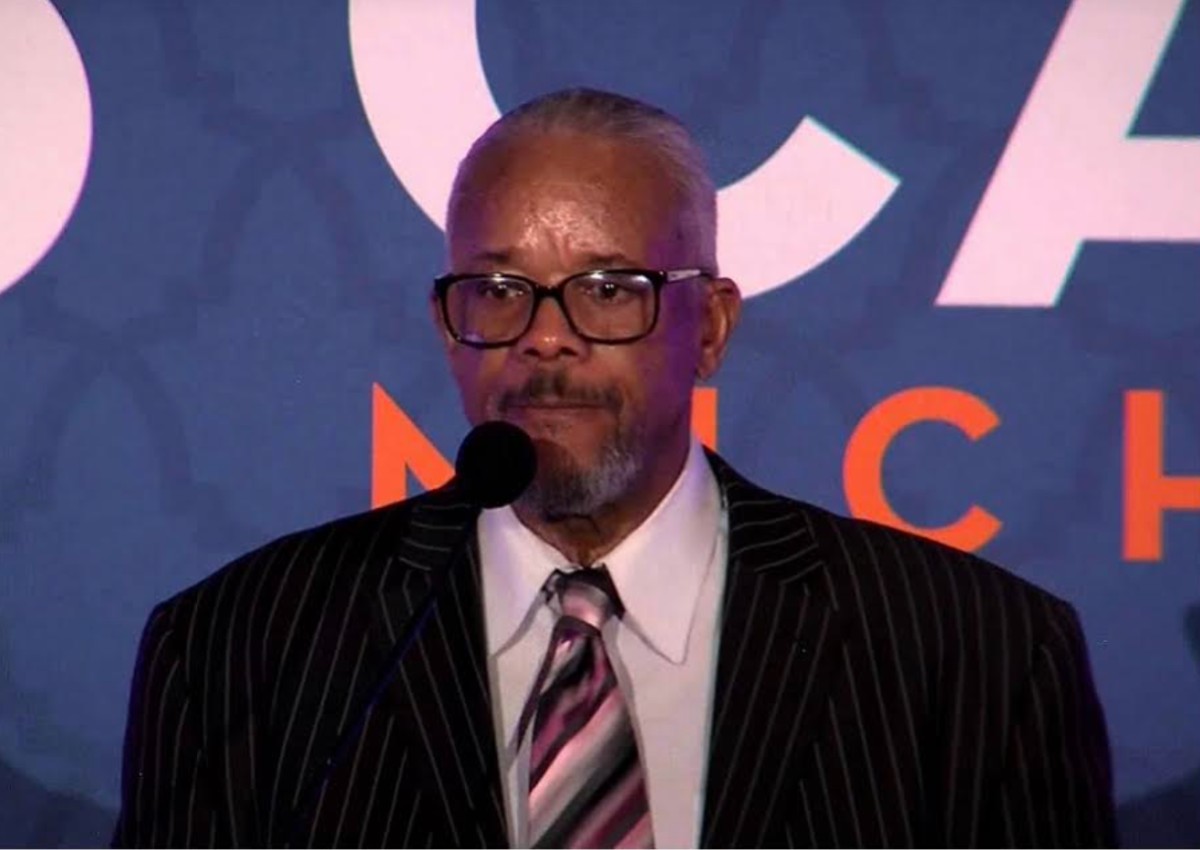








2024
1,254 views
views
0
comments